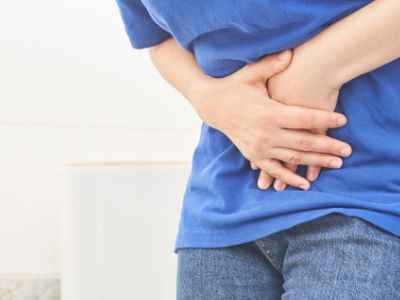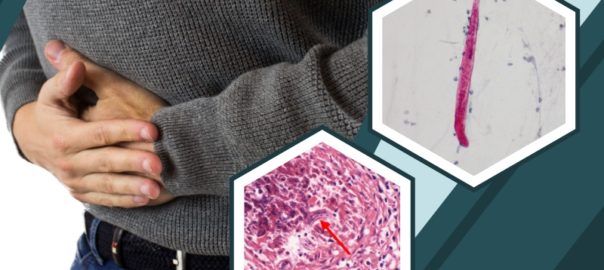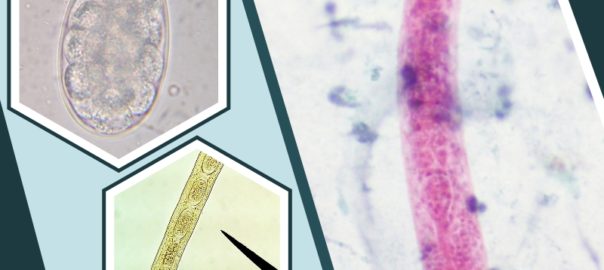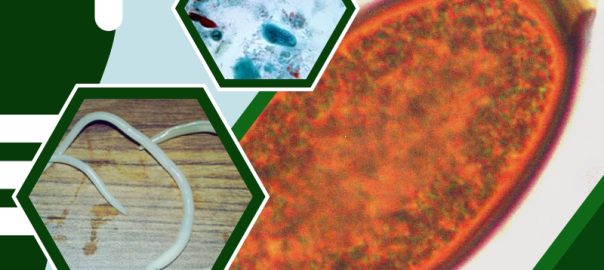What is Strongyloidiasis?
Strongyloidiasis infection is caused by roundworm or nematode. The roundworm is usually found in warm climates, like those of tropical and subtropical countries. Certain strains of this infection have also been found to infect primates, dogs, and cats.

Signs and Symptoms of Strongyloidiasis?
- Upper abdominal pain
- Constipation or alternating diarrhea and constipation
- Cough and rashes
- Red hives near the anus
- Weight loss
- Vomiting
Risk Factors of Strongyloidiasis
Strongyloides are most commonly transmitted by contacting soil contaminated with Strongyloides larvae. The risk of being infected increases when activities increase contact with the soil, such as:
- Walking with bare feet
- Contact with human waste
- Contact with sewage
- Farming and coal mining are occupations that increase soil contamination
Strongyloidiasis Medication
Safe and effective drugs are available to treat Strongyloidiasis infection. Ivermectin is also a recommended medication for a condition such as strongyloidiasis. Ivermectin works by paralyzing and inactivating the gut of parasites in humans. Buy Ivermectin here at the most reasonable price. These are medical-grade medications that require a doctor’s prescription.
How Can Strongyloidiasis Be Prevented?
Strongyloides infection can be prevented by wearing shoes and avoiding contact with feces or sewage. Additionally, if you suspect that you are infected, you should be tested and treated if you are positive for the disease. Preventing disease begins with the proper disposal of sewage and the management of feces.









